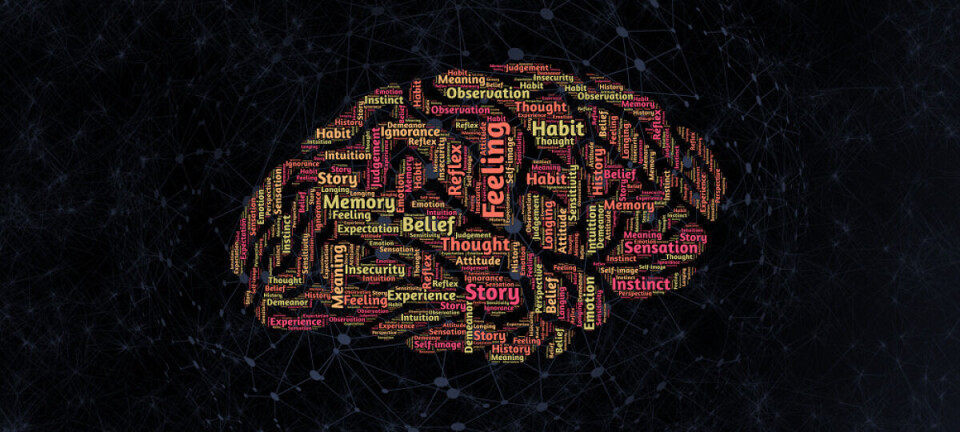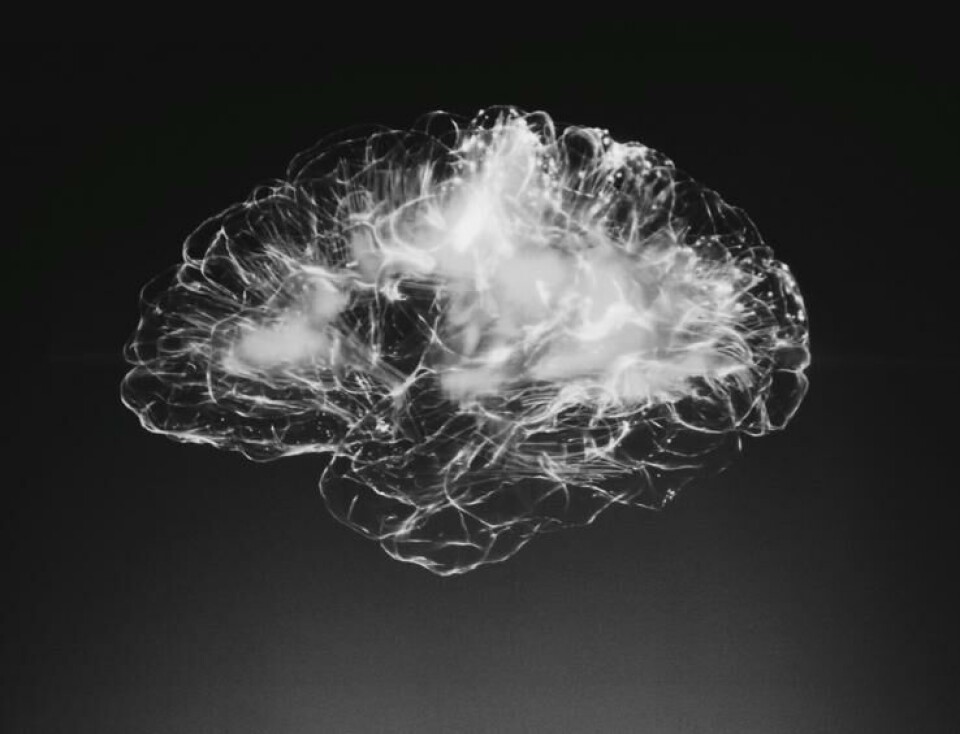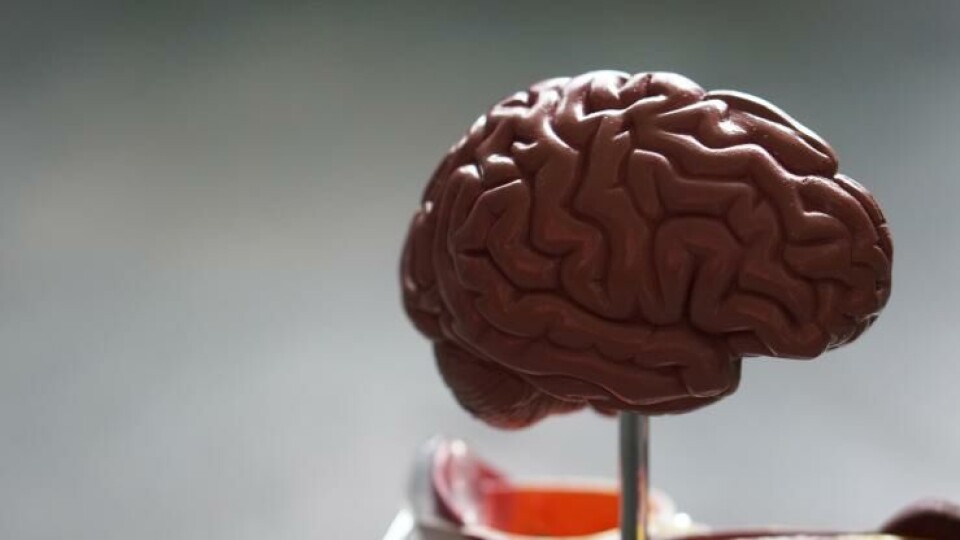article> Science
How does the brain work anyway?

The brain is what makes everything you do possible, including reading this right now. However, how much do we really know about how it allows us to do all of these things?
By David Abidaoud
Contributing Writer
In today’s society we often hear about the emergence of artificial intelligence systems and all kinds of novel ways of analysing and contextualising the world around us. These often mimic our own brains. We hear about the capabilities of our own brains occasionally through the media but we are never in possession of a clear image of how exactly they work. Oftentimes a lot of the information gets lost in translation as it is very technically demanding and often accompanied by challenging and intimidating theoretical ideas.
So how can we explain how the brain works, in a way that almost anyone can understand?
Until fairly recently people thought that what the brain was doing at all times was simply trying to figure out what it is perceiving by doing whatever it can to rationalise the incoming information from the rest of the body and connect everything you sense to some kind of label. This should all fit together to make some kind of working worldview that we call consciousness. Modern science can be very intimidating but a new idea and a body of research pioneered by a brilliant man named Karl Friston has significantly changed how we think about it. His ideas aren’t incredibly difficult to grasp at the most fundamental and essential level. It is also very interesting to understand these ideas as it helps us understand the world around us and how other people work.
Karl Friston’s ideas are based on the concepts that our brain is primarily made to generate things. And by generate I mean literally generating a three-dimensional environment directly equivalent to that which exists in reality. We slowly get information about what actually exists in reality overtime as our senses clue us into objects and what they mean.
So our knowledge of the world that we have gained over time helps us create an imaginary world in which we have expectations for events, actions and activities that we compare to what we record in reality when we perform those actions and when certain things happen.

At first it may seem strange but it is extremely satisfying to think about how this explains classically elusive phenomena like imagination, dreaming and our capacity to create art. If our brains are organs designed to stimulate reality, then they will certainly have no trouble doing that in a convincing way while we are asleep, while we are just daydreaming or if we are trying to use our imagination, for example to predict what would look good on a piece of paper before even putting pen to paper. What our brain is doing is crafting a model of cause-and-effect and then continuously comparing its modeled simulations together with sensory information from our bodies to develop more and more accurate ways of knowing what’s going to happen in the world. The brain pays more attention to the difference between our expectations and our reported senses rather than being focused on the raw input from our senses.
It is interesting to also think about the brain in conjunction with the ways that our businesses and institutions work. They are also designed to have control and predict what will happen within a certain environment. Their jobs are also to gauge the surrounding environment and to adapt and grow accordingly in order to maximise positive input. In the same way, as humans we experience the world around us, we try to exert a certain degree of control, and we use the feedback that we get from our experiences to improve our model in pursuit of maximising positive inputs for ourselves. Those can be, for example: happiness, comforts, family and so on.
If you are interested in learning more, there is a wealth of information online. A recently published book titled ‘Surfing Uncertainty’ has a rather accessible explanation on many of these issues. It is a good place to start. One should not be intimidated by the level of difficulty of the subject, because often we shy away from studying things that we find truly fascinating and interesting due to the perceived difficulty of the task. But the work our fellow humans have done on the brain is again rather fragmented and the pieces do not fit together in a very clear and distinct way yet. In fact, it is not difficult to gain familiarity about a certain sphere of neuroscience and to gain a more in-depth understanding without being completely out of one’s league, as many of the issues are also very qualitative and not just quantitative. So, if you find your interest piqued, then by all means, let your creativity get the better of you, you won’t regret it!






